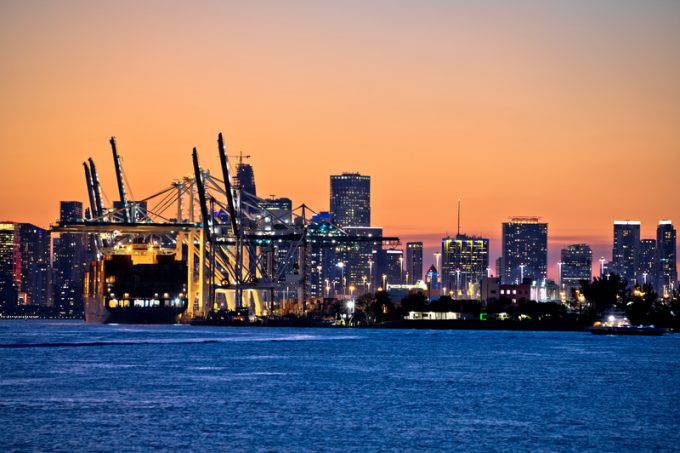Carriers warn of cargo disruption due to strikes at Munich Airport
Lufthansa Cargo (LC) has warned customers that strikes tomorrow and Friday at Munich Airport (MUC) ...

The USMX and the ILA – likely under the influence of the White House – have ended the strike, for now, with ports re-opening today.
The pair announced last night that they have reached a “tentative agreement on wages” and that they will extend the current ...

Comment on this article